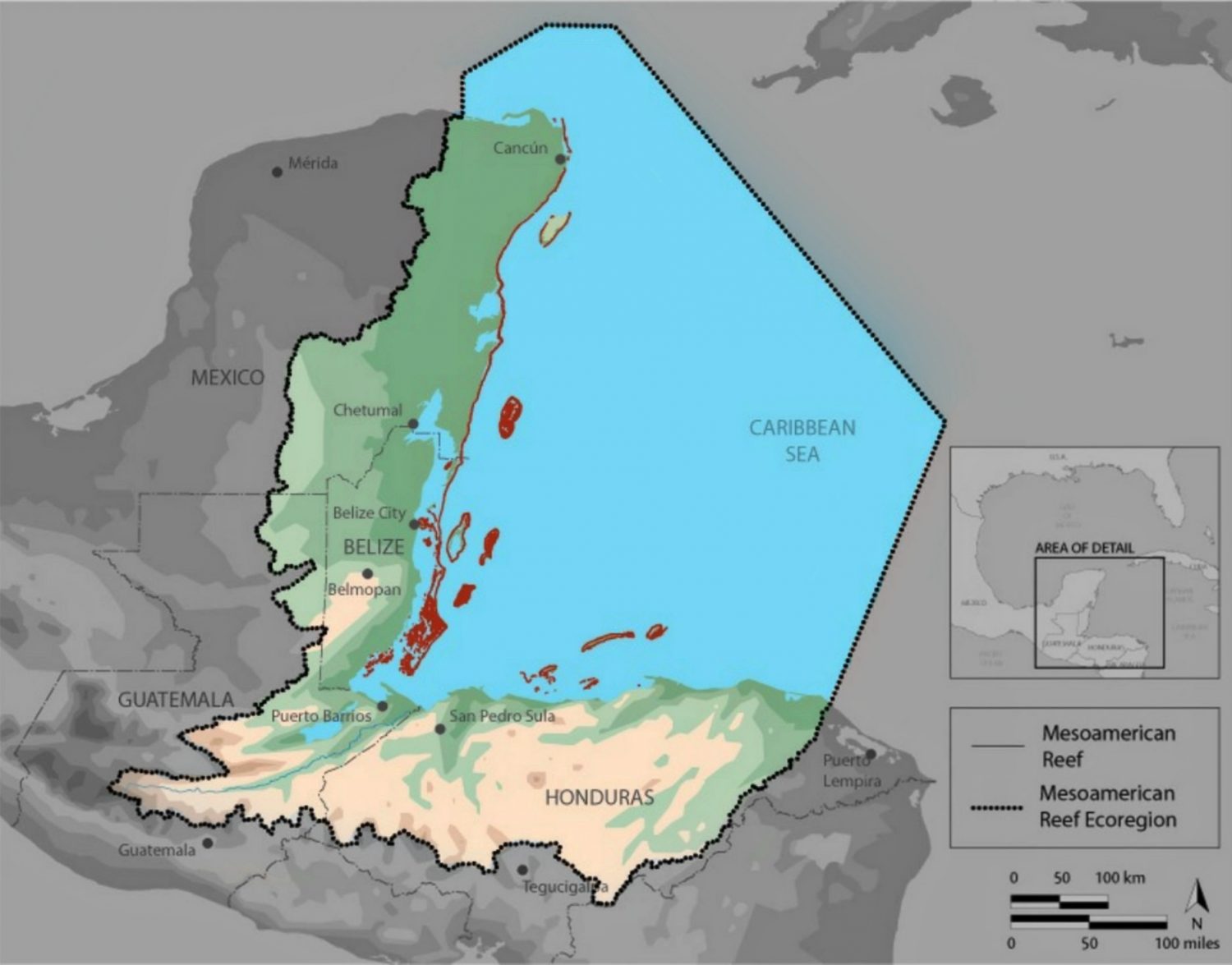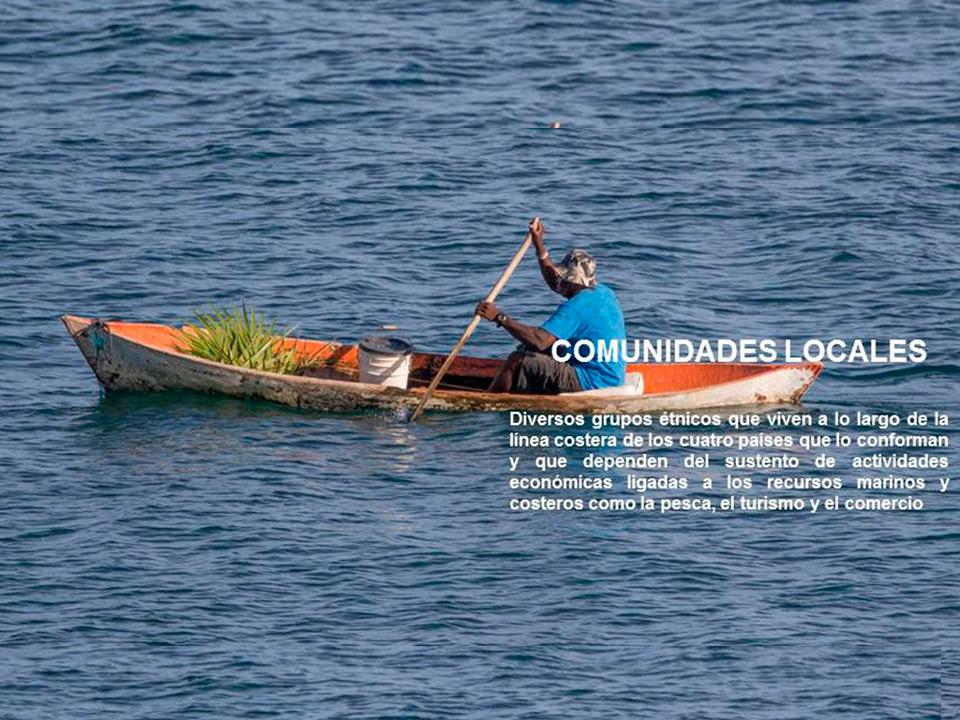Why the Mesoamerican Reef System is important?
It is important to conserve the MAR region not only because of its ecological and economic impact, but also because of the cultural value of the various ethnic groups that live along the coastline of the four countries that comprise it and that depend on the sustenance of economic activities linked to marine and coastal resources such as fishing, tourism and trade. In addition, various archeological and scientific investigations have been carried out by governmental, national and international academic institutions and other independent organizations that have contributed relevant information for the management of natural resources.
Among the different organizations, is the RRN-MAR who works together with communities, government agencies, and academic institutes to address and focus on the main issues and efforts on restoring the integrity and resilience of coral reefs and maintain the natural resources of the marine and coastal ecosystems.








